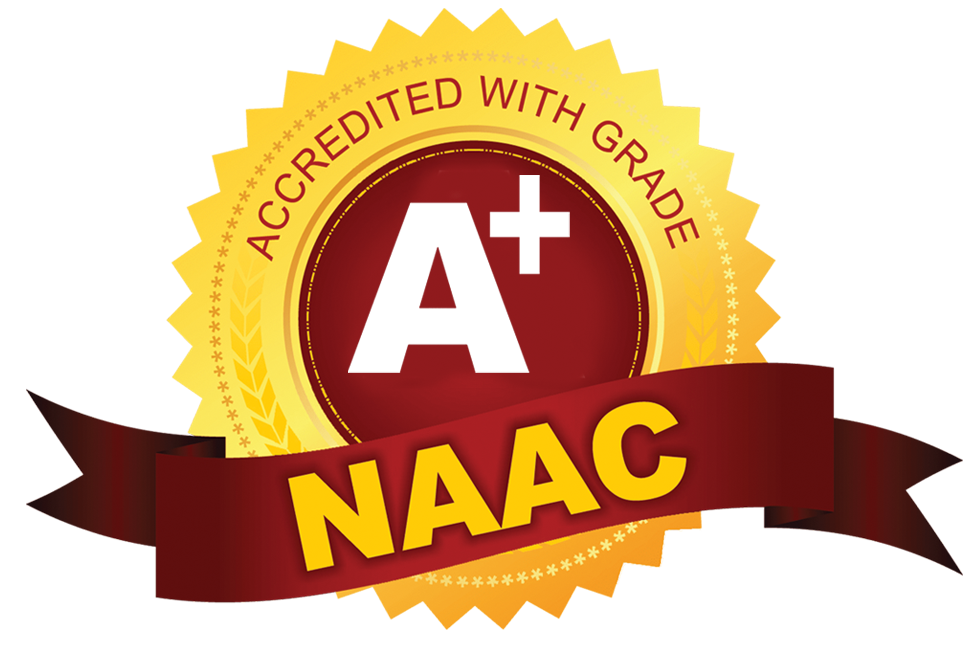The Mechanical Engineering Department at PSR Engineering College was established in 2005, initially offering an undergraduate program with an intake of 60 students. Subsequently, a postgraduate program in Engineering Design was introduced, with a sanctioned intake of 18 students. Both the undergraduate and postgraduate programs are permanently affiliated with Anna University, Chennai. Additionally, the department has been recognized as a research center by Anna University, offering a PhD program in Mechanical Engineering.
Equipped with modern state-of-the-art facilities, the department boasts a team of well-experienced faculty members proficient in a wide range of domain specializations. The undergraduate Mechanical Engineering Program has been accredited by the National Board of Accreditation (NBA) under the Tier 1 category, ensuring high-quality education.
With a focus on academic excellence, the department is committed to fostering a conducive learning environment and facilitating research and extension activities. Research areas of focus include manufacturing, materials, design, and thermal engineering.
Moreover, the department actively engages students through various initiatives such as technical associations, guest lectures, workshops, seminars, conferences, and competitions. Professional associations like the Society for Automotive Engineers (SAE), Indian Society of Technical Education (ISTE) student chapter, and Indian Welding Society (IWS) provide students with opportunities to acquire value-added courses and international certification programs, further enhancing their skillset and employability.
In essence, the Mechanical Engineering Department at PSR Engineering College strives for continuous growth and excellence in academic, placement, co-curricular, extracurricular activities, projects, and consultancy activities.

Fostering innovation, sustainability, and ethical practices in mechanical engineering to empower students for global challenges and societal impact

To provide broad-based education and training in mechanical engineering and its applications to enable the graduates to meet the demands in a rapidly changing needs in industry, academia and society.

PEO 1: Acquire the knowledge and skills necessary to pursue a career in mechanical engineering.
PEO 2: Engage in professional and outreach endeavors by solving the real life problems in mechanical engineering and allied domains relevance to the society.
PEO 3: Succeed in pursuing higher education in mechanical engineering and related areas, including management, leading to master's and research programs.
PEO 4: Exhibit the leadership and interpersonal skills and able to work in interdisciplinary technological activities for success.
PO1: Engineering Knowledge: Apply knowledge of mathematics, natural science, computing, engineering fundamentals and an engineering specialization as specified in WK1 to WK4 respectively to develop to the solution of complex engineering problems.
PO2: Problem Analysis: Identify, formulate, review research literature and analyze complex engineering problems reaching substantiated conclusions with consideration for sustainable development.
PO3: Design/Development of Solutions: Design creative solutions for complex engineering problems and design/develop systems/components/processes to meet identified needs with consideration for the public health and safety, whole-life cost, net zero carbon, culture, society and environment as required.
PO4: Conduct Investigations of Complex Problems: Conduct investigations of complex engineering problems using research-based knowledge including design of experiments, modelling, analysis & interpretation of data to provide valid conclusions.
PO5: Engineering Tool Usage: Create, select and apply appropriate techniques, resources and modern engineering & IT tools, including prediction and modelling recognizing their limitations to solve complex engineering problems.
PO6: The Engineer and The World: Analyze and evaluate societal and environmental aspects while solving complex engineering problems for its impact on sustainability with reference to economy, health, safety, legal framework, culture and environment.
PO7: Ethics: Apply ethical principles and commit to professional ethics, human values, diversity and inclusion; adhere to national & international laws.
PO8: Individual and Collaborative Team work: Function effectively as an individual, and as a member or leader in diverse/multi-disciplinary teams.
PO9: Communication: Communicate effectively and inclusively within the engineering community and society at large, such as being able to comprehend and write effective reports and design documentation, make effective presentations considering cultural, language, and learning differences
PO10: Project Management and Finance: Apply knowledge and understanding of engineering management principles and economic decision-making and apply these to one’s own work, as a member and leader in a team, and to manage projects and in multidisciplinary environments.
PO11: Life-Long Learning: Recognize the need for, and have the preparation and ability for i) independent and life-long learning ii) adaptability to new and emerging technologies and iii) critical thinking in the broadest context of technological change.
PSO 1: Exploit gained knowledge in modern science and engineering concepts to solve the real time problem in the mechanical domains.
PSO 2: Design and analyze components and systems for mechanical engineering applications.
PSO 3: Analyze and optimize Production, Industrial Engineering and Management problems using mechanical engineering software.
04562-239624
hod_mech@psr.edu.in
Head Dept. of Electrical and Electronics Engineering, P.S.R. Engineering College, Sevalpatti, Sivakasi – 626 140, Virudhunagar District, Tamil Nadu, India. muniraj@psr.edu.in
Head Dept. of Computer Science and Engineering, PSR Engineering College, Sevalpatti, Sivakasi – 626 140, Virudhunagar District, Tamil Nadu, India. ramathilagam@psr.edu.in
Head Dept. of Electronics and Communication Engineering, PSR Engineering College, Sevalpatti, Sivakasi – 626 140, Virudhunagar District, Tamil Nadu, India. valarmathi@psr.edu.in
Curabitur ac tortor ante. Sed quis iaculis risus. Ut ultrices ligula aliquet odio tristique euismod. Donec efficitur dolor in turpis aliquet, at mollis.
Curabitur ac tortor ante. Sed quis iaculis risus. Ut ultrices ligula aliquet odio tristique euismod. Donec efficitur dolor in turpis aliquet, at mollis.
Curabitur ac tortor ante. Sed quis iaculis risus. Ut ultrices ligula aliquet odio tristique euismod. Donec efficitur dolor in turpis aliquet, at mollis.
Curabitur ac tortor ante. Sed quis iaculis risus. Ut ultrices ligula aliquet odio tristique euismod. Donec efficitur dolor in turpis aliquet, at mollis.
Curabitur ac tortor ante. Sed quis iaculis risus. Ut ultrices ligula aliquet odio tristique euismod. Donec efficitur dolor in turpis aliquet, at mollis.
